Freeman Ranch Body Farm
Human remains in varying states of decay are strewn about this Texas State facility for scientific study.
At the “body farm” human remains are scattered across the ground as the flesh slowly rots from the bones. There are dozens of bodies strewn about. Some are complete cadavers, others just a smattering of limbs and organs. But this isn’t a scene from some gruesome mass murder; these bodies are here for science.
The Forensic Anthropology Research Facility (FARF) is a 26-acre outdoor human decomposition research lab at Texas State University’s Freeman Ranch. It is currently home to about 50 donated bodies. Some of the cadavers are confined in cages to be studied for bacterial decomposition. Others lay unprotected in the scalding sun so researchers can track the effects of scavenging.
At this macabre laboratory, anthropology students at the university, law enforcement officials, and other researchers study the corpses to enhance their knowledge of human decay. The lab has only been open since 2008 and already the remains of 150 individuals have been studied. Another 200 still-living people have pre-registered to add their bodies for future research. It has been an invaluable resource for the international forensic science community. The facility is the second of its kind in the United States (the first is at the University of Tennessee Knoxville) but it covers a much wider area and is more useful for regional and climatologist studies.
But people aren’t the only ones who benefit from the morbid medley. A local deer once made headlines after being caught on camera chewing on a human rib. It was the first time a deer had been found snacking on scraps of human remains, so any similar future incidents could provide unique scientific insight into the species’ scavenging habits.
As for the research subjects: the individuals were donated through their own or their families’ wishes. The facility is a cheap alternative to funerary and burial expenses, and students of the university will drive across the state of Texas to collect the individual after death.
Know Before You Go
This is a closed research facility. Therefore, there are no tours for the general public.
Community Contributors
Added by
Edited by
The Atlas Obscura Podcast is Back!



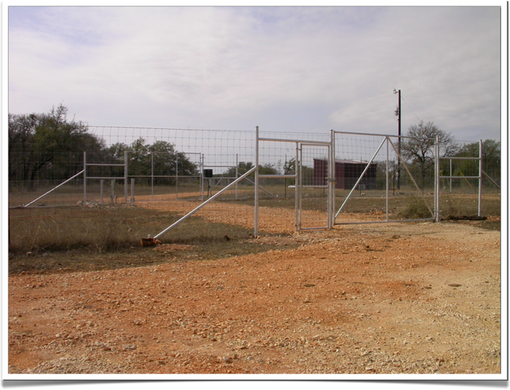
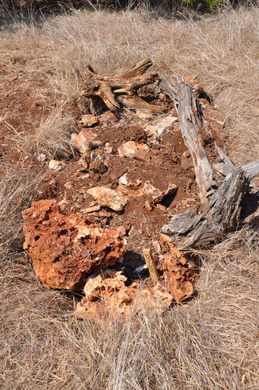




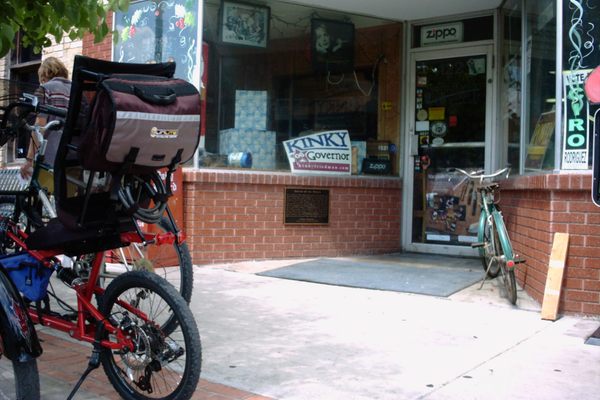

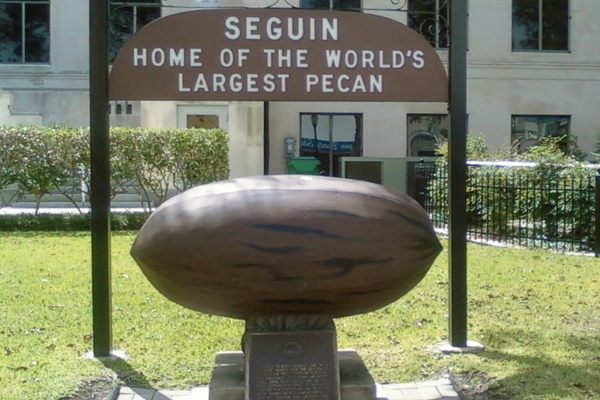
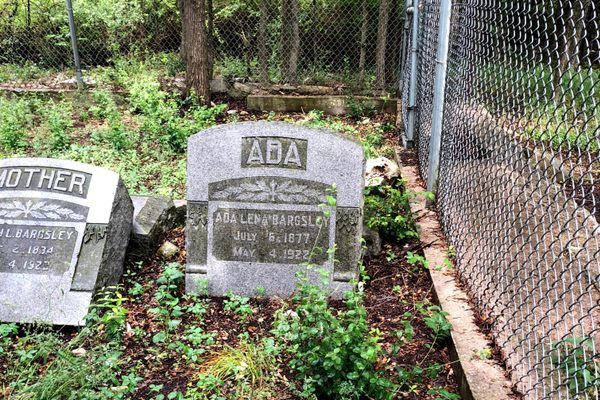
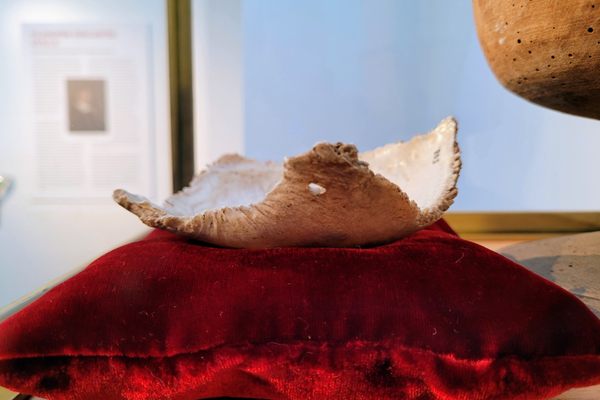

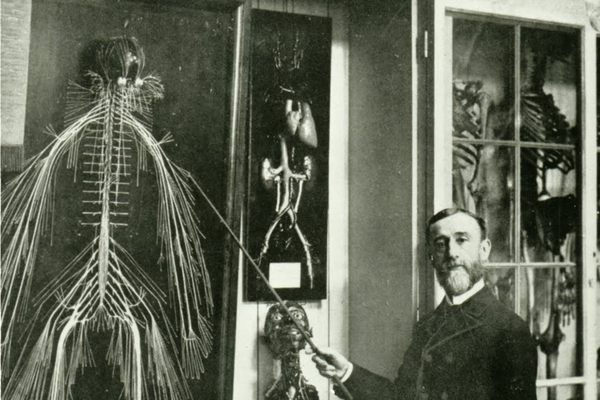
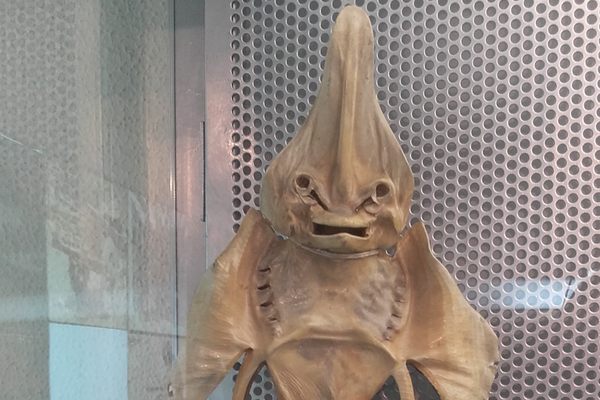

Follow us on Twitter to get the latest on the world's hidden wonders.
Like us on Facebook to get the latest on the world's hidden wonders.
Follow us on Twitter Like us on Facebook